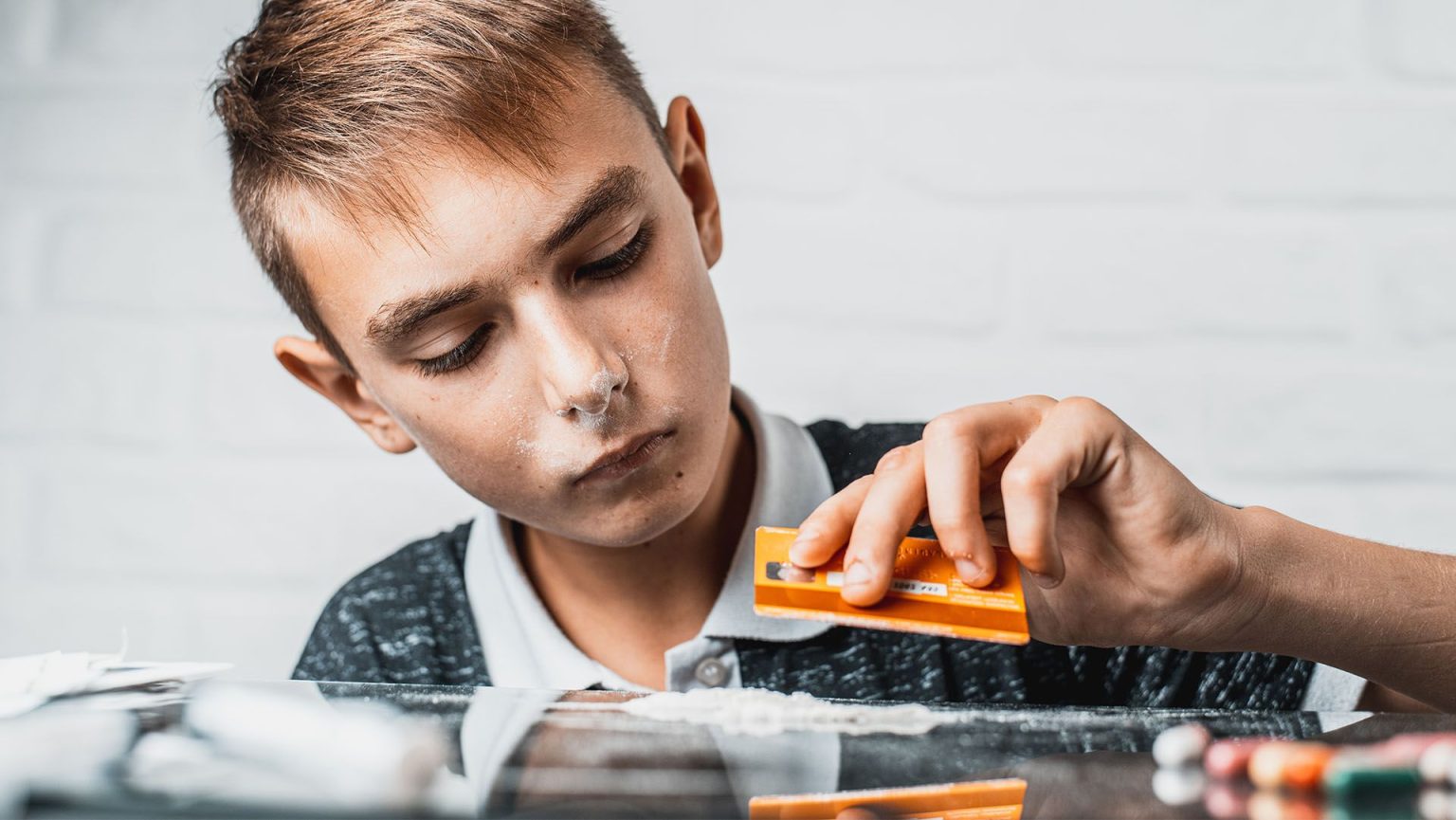From cigarettes and alcohol to drugs or even something less tangible, such as attention, addiction is often thought of as a sign of a lack of self-control. Moreover, addiction is considered a weakness in the person and an inability to control their own self-indulgence, rather than the effects of other external factors that are often out of the control of the people who suffer from addiction.
To start with, we need to make it clear that people do suffer from addiction. Just like any other disease, addiction is caused by a variety of factors, but those might not be as apparent as they can be societal, social, political, economic, etc. There is certainly a stigma of addiction and addictive behavior, which often tends to reinforce that behavior, causing the victim to further fall into their addictive habits. Here, we will discuss how that can be.
The Nature of Addiction
Let’s discuss addiction from outside the perspective of drugs, something like gambling, perhaps. Yes, most associate the reason people get addicted to gambling as because of them chasing the dopamine hit they get from winning a hand or getting a full house. However, there is a fundamental difference between gambling and drugs, and during gambling, one often thinks that if they keep on gambling and trying again, they will eventually win. That is not the thought process when consuming drugs.
Moreover, while the effects of drug addiction are more often physical, the effects of gambling addiction are more cognitive and on the mind. Physical effects do occur, but most of the symptoms of gambling addiction will be damaged relationships, a lack of self-care, financial debt, etc., all of which further lead to other problems.
The relationship between addiction and drugs, however, is far more cut and dry. If you consume drugs, you can get addicted. The more you consume them, the higher chance you have of getting addicted. Soon you can be selling off something precious in your life to get the money for another ‘fix.’ Most of the people that are addicted to drugs are challenged in some way, whether it is financial, economic, at home, familial life, etc.
Divorced spouses left without a place to live, homeless people, sexual or domestic abuse victims, sex workers, or foster children that get aged out of foster care are often the kind of people that are found to be drug addicts, which goes to beg the question; is addiction really a sign of a lack of self-control?
The Stigma Towards Addiction
Drug addicts are found everywhere, from the rural suburbs to large cities. As mentioned, they are often the ones facing some kind of life or events in life that drive them toward substance abuse and, in turn, towards addiction. Some addictions, like alcohol, can leave a person angry, diseased, and abusive. Methamphetamine can lead to dental problems, chronic anxiety, paranoia, and more. Heroin addiction can lead to skin and heart infections, liver disease, mental disorders, and miscarriage in women—all these are just a few of the long-term problems.
However, there is one thing common in almost all types of addiction, which is the withdrawal. In combination, these two factors can lead a person to be incredibly harmful to their own well-being. At almost any stage of addiction, two of the most necessary things an individual suffering from addiction needs is support and genuine treatment. Any kind of stigma towards addiction, however, can only lead to exacerbating the issue. Stigma comes in many ways, too, and here are a few examples:
- Alcohol and Addictions in Families
The problem is that, unlike other drugs, alcohol consumption is ‘acceptable,’ and many also fail to understand the difference between safe and dangerous levels of alcohol consumption. Many consume alcohol to forget the troubles of life, but the problems alcohol causes are often even more troubling, leading to more consumption and so on.
For example, if there is a member of a family suffering from alcohol addiction, most of the family members and relatives will know to some extent that the problem exists. However, instead of seeking help, many choose to keep quiet about the addiction for fear of acknowledging the problem. In neighborhoods and families, many will ignore the issue because they will fear it will ‘tarnish their name.’
That is not to say the blame lies squarely on the family. Sometimes, for example, if a family has an alcoholic adult, even if the children are old enough to be able to seek help on their behalf, the help is often rejected by the individual addicted to alcohol. Even in a family where there is a natural support system, proper treatment for addiction is either avoided or rejected.
- Systematic Stigmatization of Drug Abuse Victims
One more factor around the stigma of addiction is that it is not just a societal issue but a legal and judicial one as well. Substance abuse victims often get discriminated against in the legal system, and because of their fear of the law criminalizing them, they deign to stay away from treatment. In a report published by the United Nations Office on Drugs and Crime (UNODC), it is mentioned that across the world, people are wrongfully detained simply by appearing as if they consume drugs, have to go through forced blood or urine testing, and are systematically discriminated against.
- Medical Prescription Drugs Leading to Overdose and Dependency
Additional systematic issues come through aid systems and the abuse of FDA approved-drugs where clinical trials to test drugs can be shown to work when they don’t, or at least come with other issues which would otherwise make them unfeasible as medical treatments. These harm-relief systems designed to help victims can, in fact, worsen the issue. The opioid crisis, for one, was caused due to a prescription drug meant to solve chronic pain that was itself a highly addictive substance. Opioids were even marketed and presumed to be free of addictive substances but were the cause of one of the worst public health crises in the US.
Conclusion
There is far too much about the opioid crisis, the dangers of alcohol and substance abuse, and their subsequent stigmatization that can be talked about, but we will end it here. The problems exist, but without helping people with addiction and understanding the nature of the problem, we will only drive the victims further from treatment. Stigmatization only worsens the issue, but by challenging it where it exists, we can make the world a better place, and it starts with providing them with treatment.













